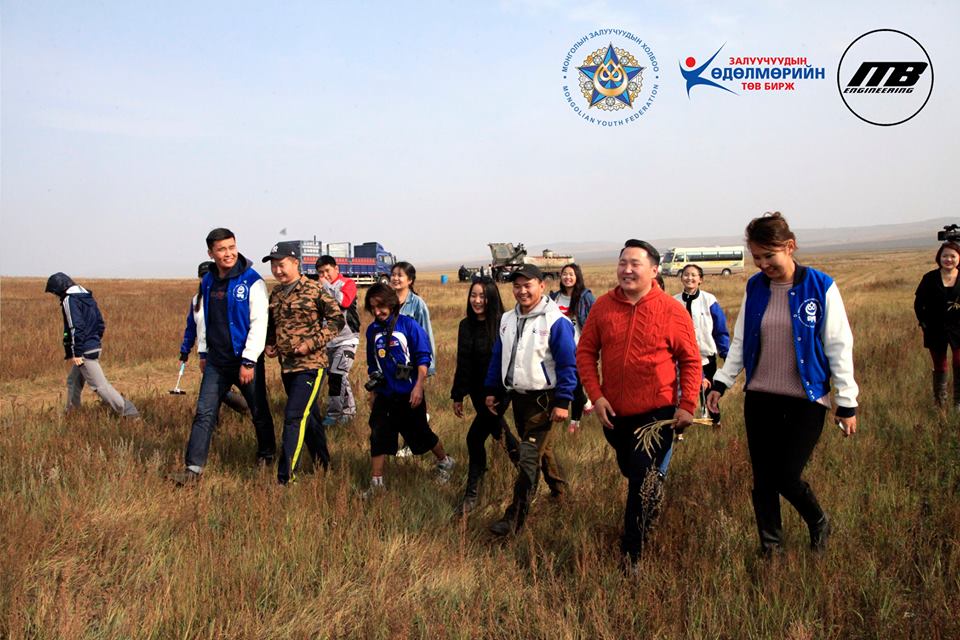Context: Education is a major youth issue and closely linked to youth unemployment. One of the key concerns for Mongolia is the quality of education. Additionally, disparities in terms of enrolment rate and quality exist depending on gender, geographic location and wealth. Therefore, improving education in Mongolia requires both raising the quality and making it more equitable. Youth in Mongolia often lack the necessary skills to enter the labour market after finishing their education. There is a mismatch between the subjects youth focus on in higher education and industry demands, with construction, manufacturing, agriculture and mining often ignored in education despite their high demand in the labour market. The Mongolian Youth Federation estimates that 2 out of 3 job seekers are young people aged 16 – 39, indicative of the challenge young people in the country face in securing employment.
Implementation of programme/ initiative: The Youth Labor Exchange Center seeks to address the issue of youth unemployment in Mongolia and is managed by the Mongolian Youth Federation. The centre runs four types of activities:
- Labour intermediary service (aiding young people in finding permanent and part-time employment along with organizing career orientation courses)
- Project and programme implementation (Initiating and implementing projects and programmes that create youth employment opportunities)
- Part-time jobs for students (Helping students spend their time efficiently, providing them with part-time job opportunities, improving part-time job management)
- Student internships (Improving current students’ internship conditions and providing exposure to the labour force)
Main challenges: Although young people are increasingly more likely to pursue formal education, upon graduation they often find that they are not adequately prepared for the labour market. Skills relevant to key growth sectors of the modern economy – both technical and “soft” skills – are often not covered in the traditional education system, resulting in a “skills mismatch” between the competencies youth need to succeed in the workplace and those they actually possess. Main challenges thus include the rising skills gap between what employers see as crucial skills for a successful career and the skills youth have along with protracted transitions from school to work.
Results achieved: In the last three years, the Youth Labor Exchange Center of the Mongolian Youth Federation has provided labour intermediation services for 34,000 students and young people. Between 2013 and 2014, the Center, in collaboration with the Mongolian Youth Federation and the Ministry of Labour, implemented the “Employed and Income Provided Mongolian” national programme, which elicited participation from 13,000 youth. The Center also provided 6,000 youth with a career orientation course, with 75 per cent of participants finding jobs within one month compared to the national average of six months.
Moving Forward: The Youth Labor Exchange Center has a number of plans for the future including further developing its website www.myjob.mn to include labour market information, career counselling and information about skills development courses. The Mongolian Youth Federation is set to launch the “Employed and Educated Students” project in 2017, which is a work-study programme for post-third year students. Other plans include introducing a mobile labour exchange centre, career orientation courses, Soum* youth projects, job fairs and international exchange opportunities.
Replicability: The Center highlights the usefulness of labour intermediation services in promoting youth employment. It also showcases how labour market entry can be eased through the use of preparatory courses that teach youth how to search for and secure employment. Furthermore, the Center is a prime example of a successful non-government and government partnership in improving the school-to-work transition.
*Soum is a second level country subdivision in Mongolia, similar to “district” and “county” in other countries.
References:
Strategic plan of Mongolian Youth Federation, 2014
Project Details
Date: November 29, 2016
